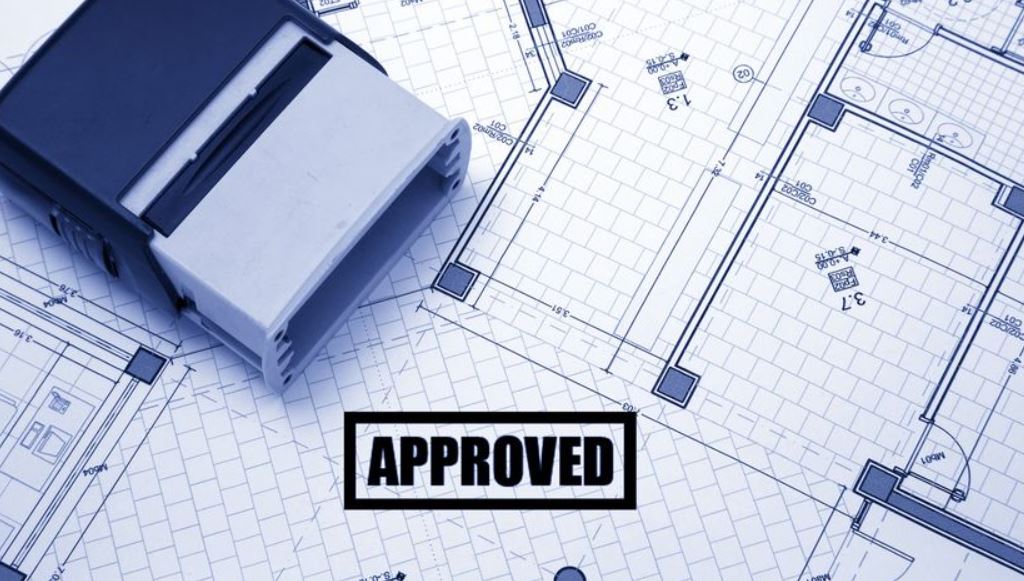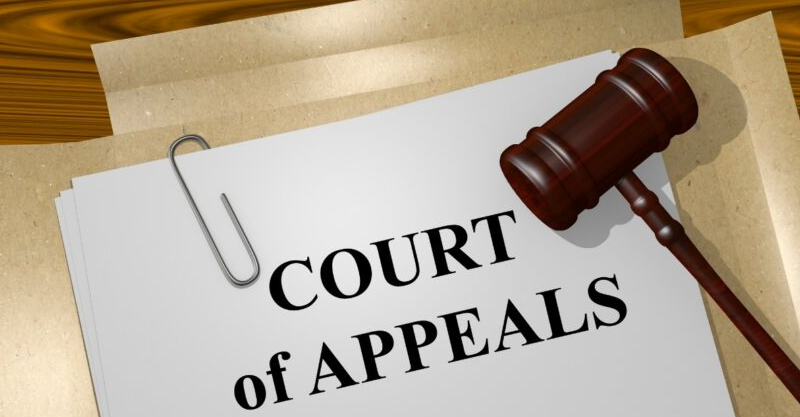A Comprehensive Guide to Building Permits: Navigating the Red Tape for Home Renovation ProjectsA Comprehensive Guide to Building Permits: Navigating the Red Tape for Home Renovation Projects
Embarking on a home renovation project can be an exciting journey, transforming your living space into the dream home you’ve always envisioned. However, before you start knocking down walls or upgrading your kitchen, there’s an important aspect you need to consider – obtaining a building permit. This may seem like just another hoop to jump through, but it’s crucial to ensure your renovations are safe, legal, and up to code.
In this comprehensive guide, we’ll dive deep into building permits. We’ll explore what they are, why they’re essential, and the types of projects that typically require them. Whether planning a minor update or a major overhaul, understanding the ins and outs of building permits can save you from headaches and hefty fines.
From navigating the often complex permit process to tackling common challenges, this guide aims to equip you with the knowledge and confidence to smoothly manage the ‘red tape’ associated with home renovation projects. So, let’s get started on this journey together, ensuring your home improvements are beautiful, compliant, and secure.

Understanding Building Permits
In beginning a home renovation project, the initial and crucial step is to grasp the idea of a building permit. This permit, granted by local government entities, authorises you to embark on construction or renovation work on your property. It’s essential to recognize that a building permit is not merely a procedural requirement but a key part of the planning and implementation process for any substantial home improvement endeavour.
So, what exactly is a building permit? A building permit is a document that signifies your project complies with local building codes, zoning laws, and other regulations. It serves as a record that municipal authorities have reviewed and approved the proposed work on your home. This approval process ensures that all construction work is done safely, correctly, and legally.
The necessity of building permits cannot be overstated. These permits are in place primarily for safety – to ensure that all construction work meets the standards required to protect the homeowners, future property owners, and the community. These standards include structural integrity, zoning regulations, and fire protection. Building permits also serve as a legal record of the work completed, proving valuable in property sales or insurance claims.
Permits allow local governments to oversee and control how buildings are constructed or altered in their jurisdiction. This control ensures that all structures within their area are safe and comply with the established building codes and regulations.
Types of Projects That Typically Require a Permit
Not all home improvement projects require a building permit, but many do. Generally, any major construction or renovation work that alters the structure or use of a building will need a permit. This includes additions, major house renovations, structural changes, significant electrical or plumbing changes, and installation of certain types of equipment. Examples of projects that typically require a permit include:
- Adding or removing walls
- Changing the use of a room (such as converting a garage into a living space)
- Installing new roofing
- Adding a deck or porch
- Building a garage or shed
- Installing a swimming pool
- Significant electrical or plumbing work
Minor renovations like painting, installing new cabinets, or replacing fixtures often don’t require a permit, but it’s always best to check with your local building department.
The Benefits of Obtaining a Building Permit
The primary benefit of obtaining a building permit is ensuring that your project meets safety standards and complies with local building codes. These regulations are designed to ensure the safety and well-being of occupants. Compliance with these standards helps in preventing hazardous conditions such as structural failures, fire hazards, and electrical mishaps.
Working without a permit where one is required can lead to a host of legal and financial problems. If your local authorities discover unpermitted work, you might be forced to halt your project, face fines, or even undo the work done. This can be costly and time-consuming. Additionally, unpermitted work can cause issues when selling your home, as savvy buyers and realtors will look for proper documentation of completed work.
Improvements made with the necessary permits can increase the value of your home. Buyers are likelier to be interested in a home with documented, legal improvements. This documentation assures potential buyers that the work was done safely and up to code, which can be a significant selling point.
How to Determine if You Need a Permit
Generally, most structural, electrical, plumbing, and major renovation work will require a permit. However, the specifics can vary greatly depending on where you live. It’s important to familiarise yourself with local building codes and regulations to understand what projects require permits in your area.
The best way to determine if your project needs a permit is to consult your local building department directly. They can provide detailed information about the requirements for your specific project. It’s also advisable to work with a licensed contractor or professional familiar with the local building codes and permit process. These professionals can help navigate the complexities of permit applications and ensure that your project complies with all local regulations.
Understanding and obtaining building permits is a vital step in any significant home renovation project. Permits ensure your project is safe, legal, and up to code, protecting you, your property, and your community. Knowing when a permit is needed and how to navigate the application process can help make your home renovation project a success.
Step-by-Step Guide on How to Apply for a Building Permit
- Initial Research: Before applying, ensure you understand the specific requirements for your project. This might involve visiting your local building department’s website or office.
- Gather Documentation: Collect all necessary documentation, typically including detailed project plans, blueprints, and possibly a site plan of your property.
- Submit Application: Fill out the permit application form your local building department provided. This will likely involve submitting your project plans and any other required documents.
- Review Process: After submission, the local building authorities will review your plans to ensure they comply with local codes and regulations.
- Address Feedback: Be prepared to address any questions or requests for additional information from the building department.
- Receive Approval: Once your application is approved, you’ll receive your building permit to start your project.
Tips on Preparing Necessary Documentation
- Detailed Project Plans: Ensure that your project plans are detailed and clear. If applicable, they should include all aspects of the project, including structural, electrical, and plumbing details.
- Contractor Details: Include their information in your application if you’re working with a contractor. Ensure they are licensed and insured.
- Compliance Check: Double-check that your plans comply with local zoning laws and building codes.
Understanding the Timeline and Fees Involved
- Timeline: Be aware that the permit process can vary in length, depending on your locality and project complexity.
- Fees: Fees will be associated with the permit application, which vary by location and project size. Budget for these accordingly.
Common Challenges and Solutions
Addressing Common Issues
- Delays: Delays can occur due to incomplete applications or busy building departments. Ensure your application is complete and follow up regularly.
- Paperwork Errors: Double-check all your documents for accuracy to avoid delays caused by errors.
- Compliance Problems: If your plan doesn’t meet local codes, be prepared to make adjustments. Consulting with a professional can help in this regard.

Strategies for Effective Communication
- With Local Authorities: Maintain open and respectful communication. Be proactive in seeking guidance and clarifying requirements.
- With Contractors: Ensure your contractor understands and is committed to following the permit requirements.
Staying Up-to-Date with Local Regulations
Building codes and permit requirements can change. Staying informed ensures your project remains compliant and avoids potential legal issues.
Resources for Staying Informed
- Local Government Websites are a primary source of current regulations and application procedures.
- Professional Associations: Organisations related to building and construction often provide updates and resources about regulation changes.
In this guide, we’ve covered the essential aspects of understanding and navigating the building permit process. From recognizing when a permit is necessary to successfully navigating the application process and staying updated on local regulations, these steps are crucial for a successful and compliant home renovation project.
As you embark on your home renovation journey, remember that the permit process is there to ensure safety and compliance. Approach it with confidence and the right knowledge, and you’ll find it a manageable part of your project. By following these guidelines, you can look forward to a smoother renovation experience, leading to a safe, legal, and improved home.













